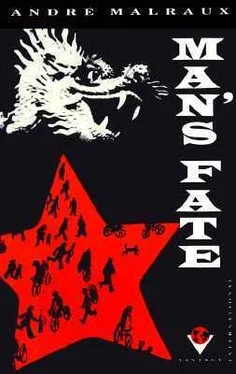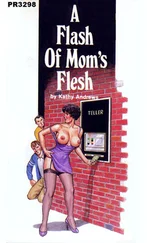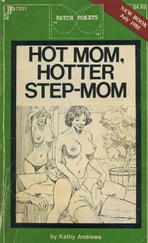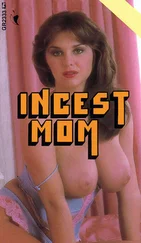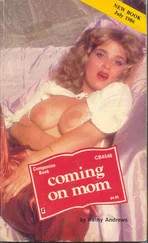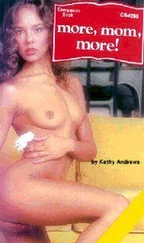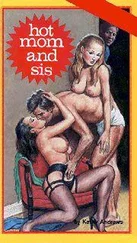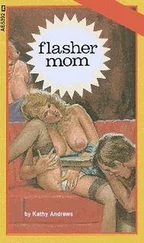Everyone in Shanghai thought the requisition had been put into effect long before.
“When does the ferry leave?”
“Every half-hour.”
He had twenty minutes to wait. He walked about at random. The kerosene lamps were being lit inside the shops; here and there silhouettes of trees and the curved- up roof-ridges rose against the Western sky, where a light without source lingered, seeming to emanate from the sofmess of the sky itself and to blend far, far up with the serenity of the night. In the black holes of shops-notwithstanding the soldiers and the Workers’ Unions-doctors with toad-signs, dealers in herbs and monsters, public writers, casters of spells, astrologers, and fortune-tellers continued their timeless trades by the dim light which blotted out the blood-stains. The shadows melted rather than stretched on the ground, bathed in a bluish phosphorescence; the last flash of the superb evening that was being staged far away, somewhere in the infinity of worlds, of which only a reflection suffused the earth, was glowing faintly through an enormous archway surmounted by a pagoda eaten away with blackened ivy. Beyond the din of bells and phonographs and the myriad dots and patches of light, a battalion was disappearing into the darkness which had gathered in the mist over the river. Kyo went down to a yard filled with enormous stone blocks: those of the walls, leveled to the ground in sign of the liberation of China. The ferry was close by.
Another fifteen minutes on the river, watching the city rise into the evening sky. At last, Hankow.
Rickshaws were waiting on the quay, but Kyo's anxiety was too great to allow him to remain idle. He preferred to walk. The British concession which England had abandoned in January, the great world banks shut down, but not occupied. “Anguish-a strange sensation: you feel by your heart-beats that you’re not breathing easily, as if you were breathing with your heart. ” It was becoming stronger than lucidity. At the corner of a street, in the clearing of a large garden full of trees in bloom, gray in the evening mist, the chimneys of the Western manufactures appeared. No smoke. Of all the chimneys he saw, only the ones of the Arsenal were operating. Was it possible that Hankow, the city to which the Communists of the entire world were looking to save China, was on strike? The Arsenal was working; could they at least count on the Red army? He no longer dared to run. If Hankow was not what everyone believed it was, all his people were already condemned to death. May too. And himself.
At last, the building of the International Delegation.
The entire villa was lighted up. Kyo knew that Borodin was working on the top story; on the ground-floor the printing-press was running at full speed, with the clatter of an enormous ventilator in bad condition.
A guard in a rough-neck sweater examined Kyo. Taking him for a Japanese he was already pointing out to him the orderly in charge of directing strangers, when his eye fell upon the papers Kyo was handing him; he immediately led him through the crowded entrance to the section of the International in charge of Shanghai. Of the secretary who received him Kyo only knew that he had organized the first insurrections in Finland; a comrade, his hand held out across his desk, while he gave his name: Vologin. He had the plumpness of a ripe woman rather than of a man; was this impression due to the delicacy of his features, both full and ruddy, slightly Levantine in spite of his’ fair complexion, or to the long strands of hair, mrning gray, cut to be brushed back but which fell over his cheeks like stiff bands?
“Things look very bad in Shanghai,” said Kyo abruptly. “We’re headed in the wrong direction.”
His own words surprised him: his thoughts were running ahead of him. Yet his words said what he would have wanted to say: if Hankow could not bring the help that the sections were expecting from it, to give up their arms would be suicide.
Vologin, ensconced in his armchair, drew his hands up into the khaki sleeves of his uniform and bent his head a little forward.
“Still!. ” he muttered.
“First of all, what’s going on here?”
“Go on: in what respect are we pursuing the wrong policy in Shanghai? ”
“But why, why aren’t the manufacmres running?” “Wait a minute. Who are the comrades who’re protesting?”
“Those of the combat groups. The terrorists too.” “To hell with the terrorists. The others. ”
He looked at Kyo.
“What do they want?”
“To leave the Kuomintang. Organize an independent Communist Party. Give the power to the Unions. And above all, not surrender their arms. Above all.”
“Always the same thing.”
Vologin got up, looked through the window towards the river and the hills. His face was expressionless except for a fixed intensity like that of a somnambulist, which alone gave it life. He was short, and his plump back, almost as round as his stomach, made him appear hunchbacked.
“I’ll tell you. Suppose we leave the Kuomintang. What will we do then?”
“To begin with, a militia for every workers’ union, for every syndicate.”
“With what firearms? Here the Arsenal is in the hands of the generals. Chiang Kai-shek now holds the one in Shanghai. And we’re cut off from Mongolia: consequently, no Russian arms.”
“In Shanghai it was we who took the arsenal.”
“With the revolutionary army behind you. Not in front of you. Whom can we arm here? Ten thousand workers, perhaps. In addition to the Communist nucleus of the ‘Iron Army’; another ten thousand. Ten bullets per man! Against them, more than seventy-five thousand men here alone. Without mentioning, of course-Chiang Kai-shek, or the others. Al too eager to make an alliance against us, upon our first really Communist move. And with what would we provision our troops?”
“What about the foundries, the manufactures?” “Raw materials have stopped coming.”
Standing motionless by the window, against the deepening night, Vologin continued-his face turned away: “Hankow is not the capital of the workers, it’s the capital of the unemployed. There are no arms; that’s all the better perhaps. There are moments when I think: if we armed them they would fire on us. And yet, there are all those who work fifteen hours a day without presenting any claims, because ‘our revolution is menaced’. "
Kyo was sinking, as one plunges in a dream, lower and ever lower.
“We don’t have the power," Vologin continued; “it’s in the hands of the generals of the ‘Left Kuomintang,’ as they call it. They would no more accept the soviets than Chiang Kai-shek does. That’s sure. We can r e them, that’s all. By being very careful."
If Hankow was only a blood-stained setting. Kyo dared think no further. “I must see Possoz on my way out," he said to himself. He was the only comrade in Hankow in whom he had confidence. “I must see Possoz. "
“. Don’t hold your mouth open with that-er- stupid expression," said Vologin. “The world thinks Hankow is Communist-so much the better. That does credit to our propaganda. It’s no reason for it to be true."
“What are the instructions right now?"
“To reenforce the Communist nucleus of the Iron Army. We can weight one tray of the scale against the other. We are not a force by ourselves. The generals who are fighting with us here hate the soviets and Communism as much as Chiang Kai-shek does. I know it, I see it, in fact. every day. Every Communist slogan will bring them down on us. And no doubt will lead them into an alliance with Chiang. The only thing we can do is to destroy Chiang by using them. Then Feng Yu Hsiang in the same way, if necessary. As in fact we have destroyed the generals we have fought up to now by using Chiang. Because our propaganda brings us as many men as victory brings to them. We rise with them. That’s why it’s essential to gain time. The Revolution cannot maintain itself, in short, under its democratic form. By its very nature it must become socialist. We must let it find its own way. Our job is to safeguard its birth. And not to abort it.”
Читать дальше
